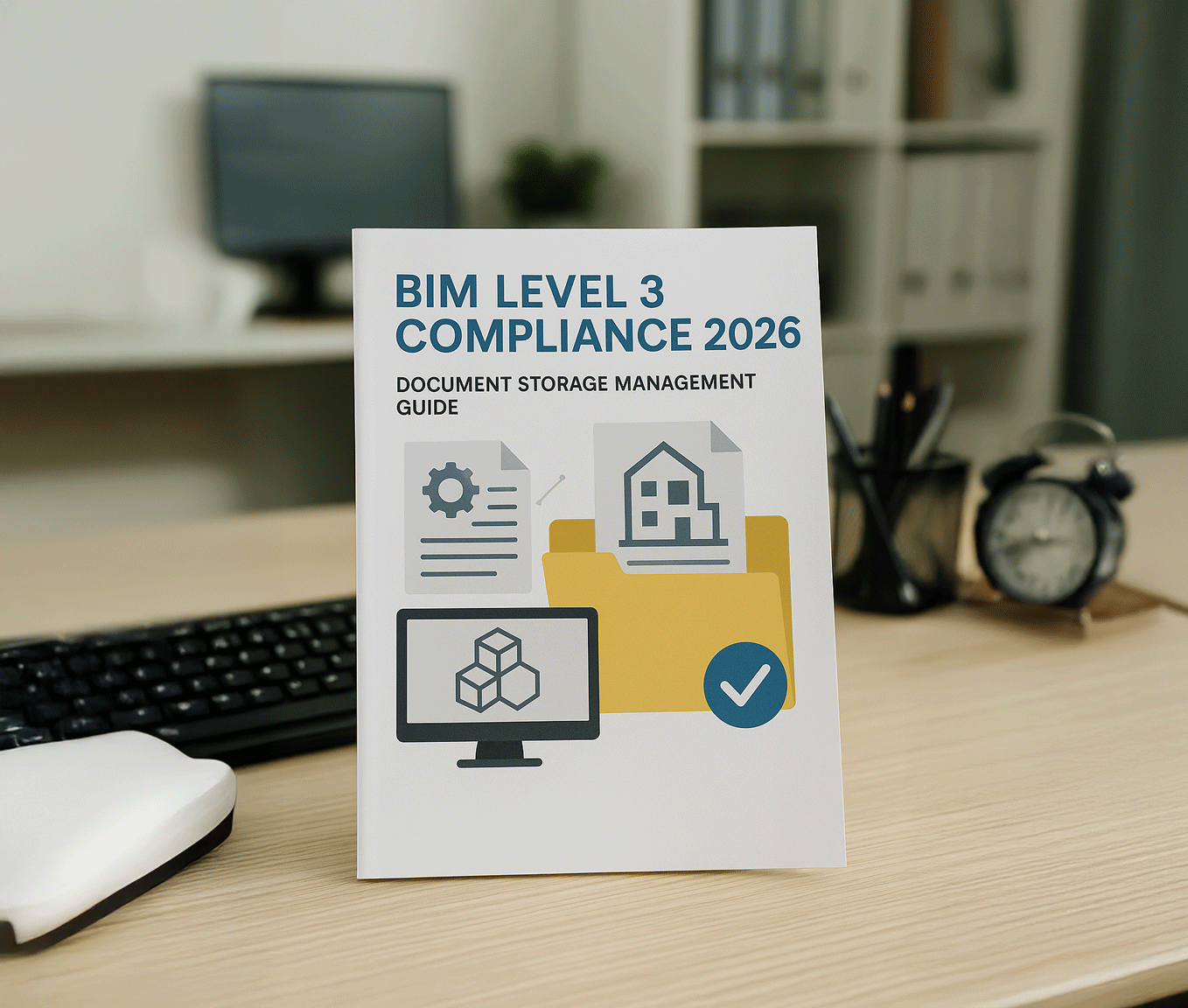What is policy management and why is it important
Policy management relates to how an organisation creates, distributes and manages its policies and procedures.
What is policy management, and why is it important?
Policies and procedures are the backbone of any business or organisation. They ensure that all employees know their roles, responsibilities and obligations.
From HR and health & safety to quality assurance and cybersecurity, policies govern a wide range of issues and operations in the workplace.
Policy management is all about ensuring your policies are being enforced across your organisation, and everyone knows what they mean, so there are no surprises or conflicts in how things should be done. It assures consistency and is instrumental to good corporate compliance.
With effective policy management in place, there should never be an instance where someone says, ‘I didn’t know about this’ because a new policy or set of guidelines wasn’t communicated properly.
Here, we look at the importance of policy management and how technology can help support your requirements.
What is policy management?
Policy management relates to how an organisation creates, distributes and manages its policies and procedures. It ensures that the organisation develops and consistently applies its policies, so all employees understand what’s expected of them in the workplace.
Effective policy management helps organisations reduce compliance risk and protect their staff and stakeholders by centralising policies and procedures in one place and ensuring they remain relevant, up to date, and compliant with all applicable laws and regulations.
It also facilitates the involvement of relevant stakeholders in policy creation and maintenance and ensures knowledge and information is shared with the right people at the right time. Finally, it creates an audit trail for all the organisation’s policies and procedures to ensure compliance.

Why is policy management important?
Effective policy management makes good business sense because it encourages operational efficiency and consistent conduct, which are crucial performance drivers.
However, many organisations still rely on manual procedures – such as paper-based documentation – making it challenging to implement, maintain and update. Such inconsistent approaches and business practices create greater regulatory risk.
If important policies aren’t adequately documented or are outdated, confusing or contradictory, it can create operational issues which can impact staff morale and customer service levels.
Widespread inconsistencies in the way policies are applied can also suggest a problem with how seriously your senior executives take quality standards and regulatory compliance, which can have a negative financial and reputational impact.
Persisting with inefficient policy management can be costly and time-consuming. It could also expose your organisation to an array of legal issues, regulatory risks and health and safety dangers.
Using a technology-based solution, such as Policy Central, can help you manage all your policy, compliance, governance and risk requirements with minimal fuss.
Top tips for better policy management
Regardless of the type of organisation you work for, every HR, governance, risk or compliance professional wants their policies to be read and understood by their employees, stakeholders, suppliers and customers.
However, in practice, it’s unlikely that people will regularly and engage with your policies beyond their initial reading and understanding.
Here are a few tips to help raise awareness of your policies and get everyone on board:
Assign responsibilities
Many people within your organisation may be involved in developing, creating and implementing a policy, so it’s essential to clarify who’s responsible for what, how everyone works together, and who takes ultimate overall responsibility for risk and compliance. This will usually be a chief compliance officer or operations director.
Align your policies with your corporate strategy
It’s vital to ensure that your policies align with your business strategy, that every organisational risk has a policy that addresses it, and that every policy you have supports at least one of your stated business objectives.
This will help eliminate any unnecessary policies that don’t support your organisational aims or address any risks and identify any compliance gaps that need a policy to be written.
Make the most of technology
No matter how big your business or organisation is, making the most of technology is essential if you have policies to manage. Storing written policies as word documents and distributing them by email, or even compiling all your policies into a single, printed manual and expecting your staff to read it is no longer an option.
Policy management platforms like Policy Central enable you to digitally distribute all your new, existing and updated policies and gather evidence that your people have read and understood them to help you fulfil your compliance and audit obligations.
Consider the whole policy lifecycle
Effective policy management should consider the entire policy lifecycle to ensure that all relevant parties remain aware of any changes or updates to a policy over its lifespan.
The policy lifecycle begins when the policy is created and deployed across your organisation, encompasses any updates or changes that need to be communicated and ends when its purpose no longer exists, so it is either withdrawn or superseded with a new policy.
How Policy Central can help solve your policy management challenges
As corporate conduct becomes evermore regulated, taking an unstructured approach to policy management can leave your organisation more vulnerable to increased regulatory or compliance risk. Policy Central’s integrated online policy management platform can give you complete control of your organisation’s policy lifecycle to ensure better governance and full compliance.
To find out more and book a free consultation, get in touch today.



